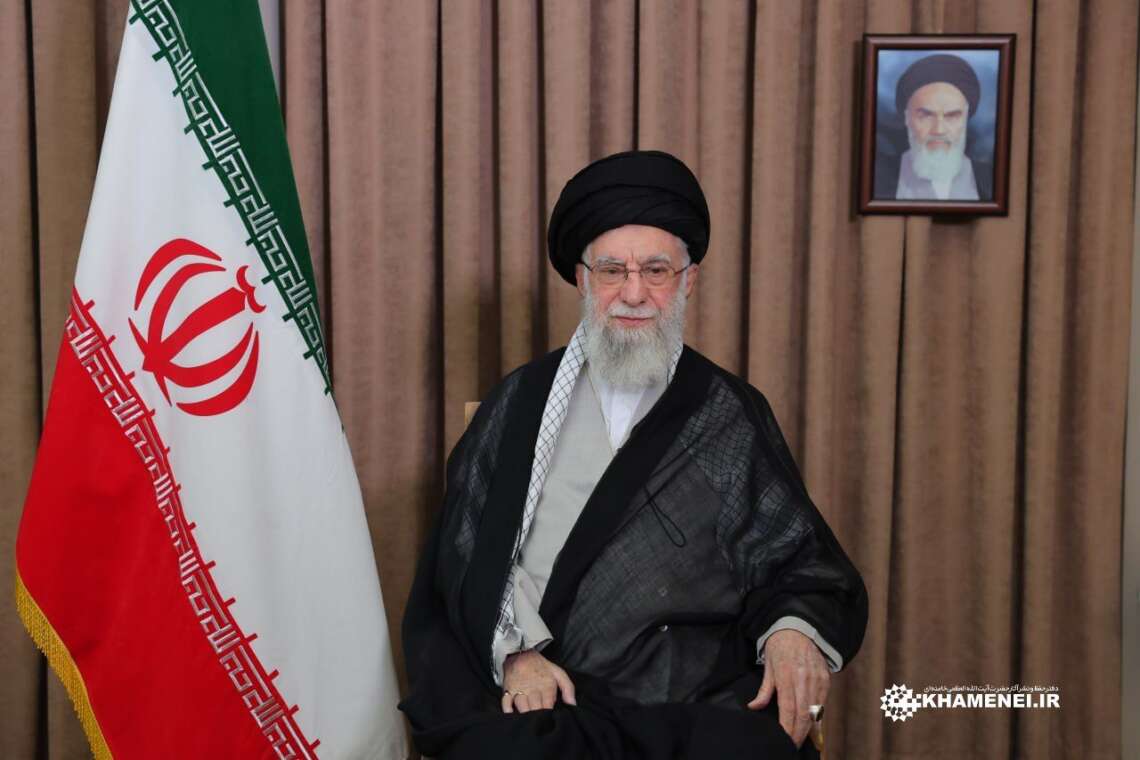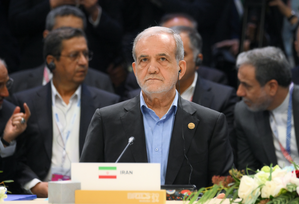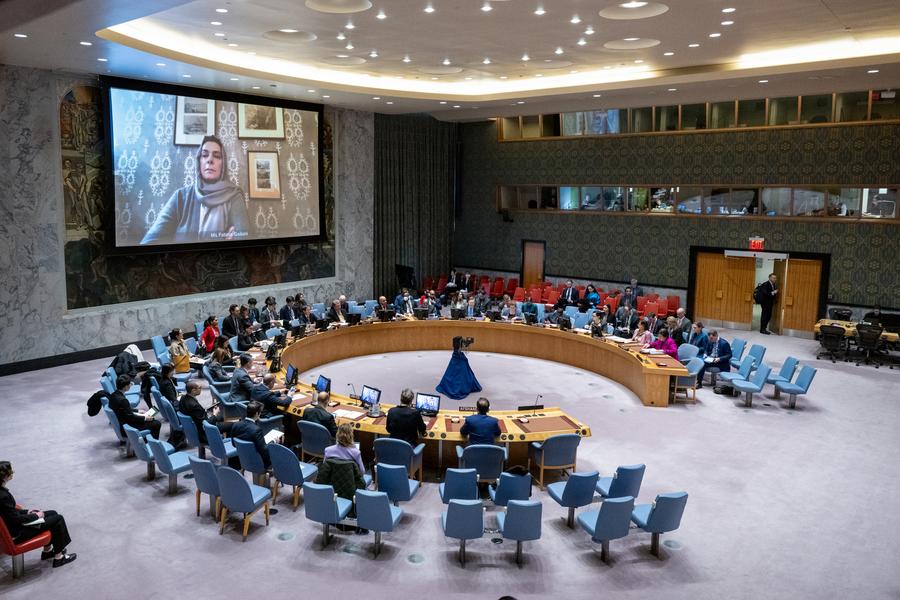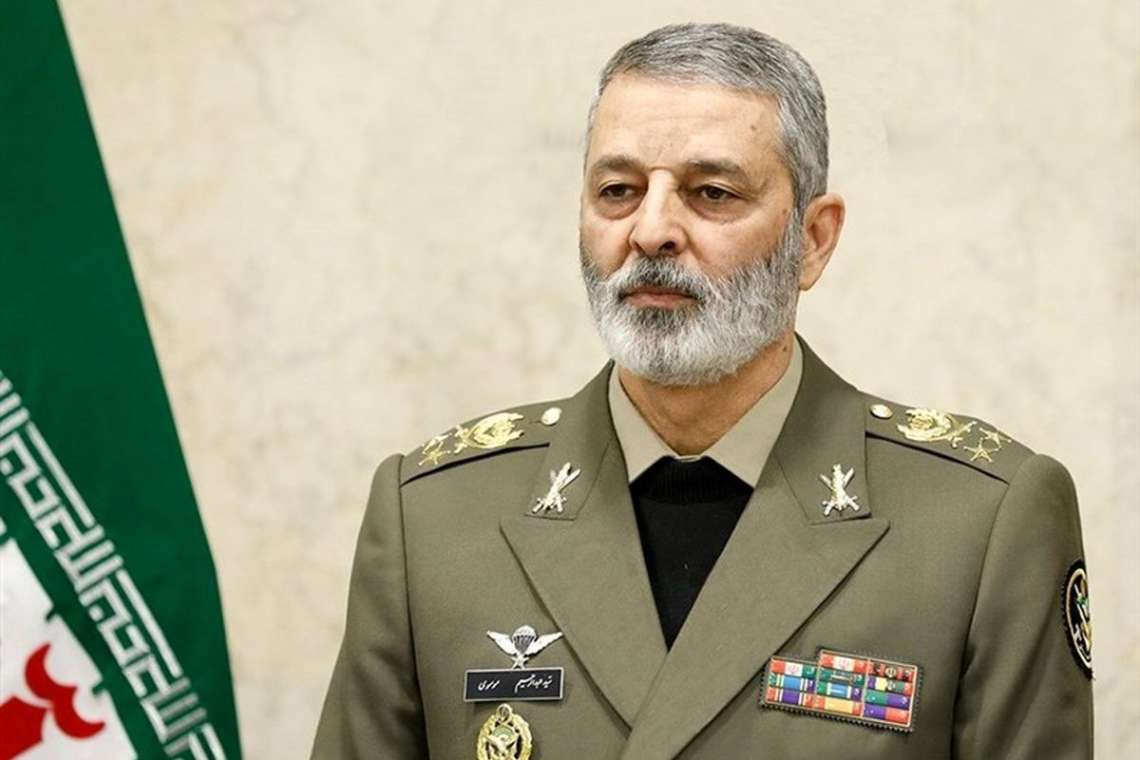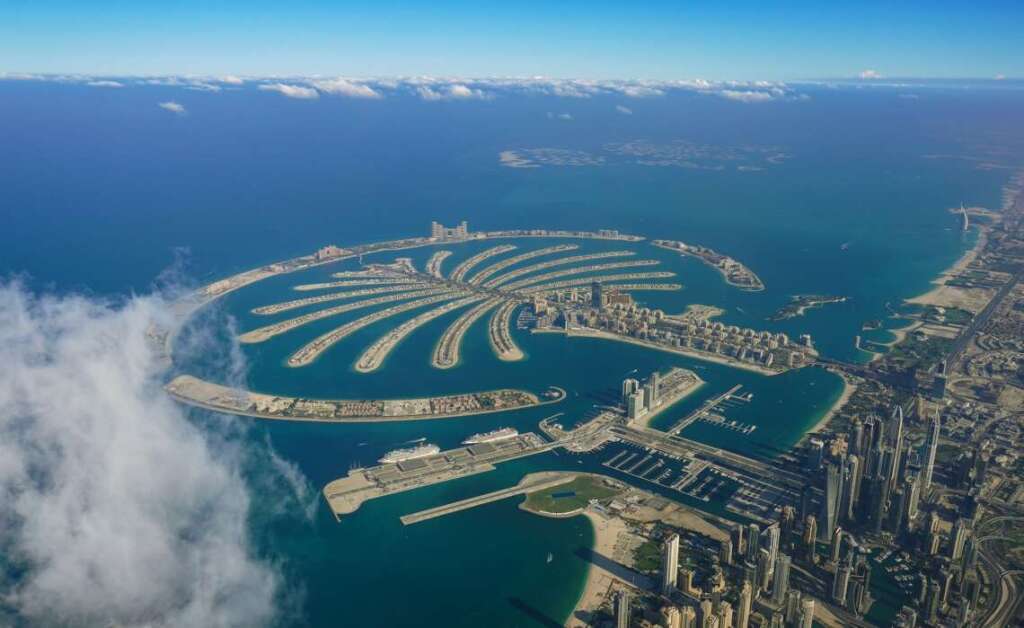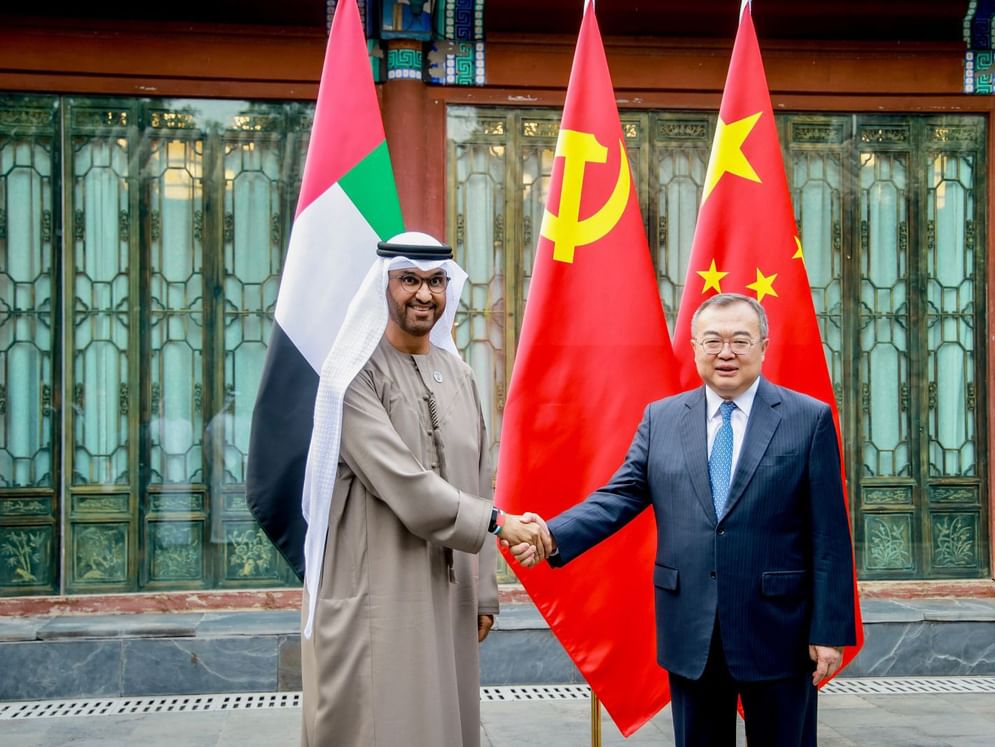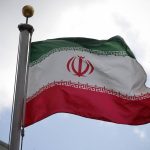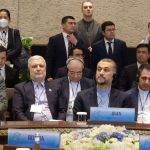Iran’s supreme leader rebukes Trump’s ‘surrender’ remark, warns of repeat attacks on US bases and Israeli targets.
In his first public appearance since the ceasefire between Iran and Israel came into force, Iran’s Supreme Leader Ayatollah Ali Khamenei launched a scathing verbal offensive against the United States and its president, Donald Trump, accusing Washington of “exaggeration” and threatening further military retaliation.
Speaking in a televised address on Thursday, Khamenei claimed that Iran had emerged victorious in the recent 12-day conflict and issued fresh threats of attacks against US military installations in the Middle East. His remarks followed coordinated US airstrikes on Iranian nuclear sites under Operation Midnight Hammer, and subsequent Iranian missile responses targeting American bases in Qatar and Iraq.
“The American president exaggerated events in unusual ways because he needed to,” Khamenei said, referring to Trump’s claim that the strikes had “obliterated” Iran’s nuclear programme. “The US has gained nothing from this war. Their attacks did nothing significant.”
Khamenei had not been seen in public since retreating to a secure, undisclosed location after the outbreak of conflict. Reports indicate that his communication was restricted during the height of the war to avoid exposing his whereabouts.
According to The Times of Israel, Khamenei called Iran’s response—a retaliatory missile barrage on US bases—a “severe slap to the face” of America. He warned, “Such an action can be repeated… Iran has access to key US centres in the region and can strike whenever it deems necessary.”
His speech marks the first official address since June 13, when Israel launched Operation Rising Lion, a large-scale assault on Iranian military and nuclear facilities. Iran responded with Operation True Promise 3, targeting Israeli infrastructure and, later, US military installations after Washington intervened directly in support of Tel Aviv.
While the US insisted its involvement was limited to “precision defensive strikes,” Iran has claimed that Washington only acted to save Israel from being “utterly destroyed.” Khamenei said, “The US entered the war not for itself, but to rescue the Zionist regime, and still, it achieved nothing.”
Khamenei’s latest speech also condemned Trump’s call for “unconditional surrender” from Tehran, calling it “a statement too big to come out of his mouth.” The Iranian leader posted a similar message on X (formerly Twitter), warning, “The Zionist regime must know that attacking the Islamic Republic of Iran will result in a heavy cost for them.”
According to The Hill, Trump defended the strikes in a national address, describing them as “the most difficult” and “perhaps the most lethal” military action in recent history. He warned that unless Tehran agrees to peace, “many targets remain” and future strikes will come with “precision, speed and skill.”
Trump stated: “There will be either peace or there will be tragedy for Iran far greater than we have witnessed over the last eight days.”
Khamenei, however, dismissed any suggestion that Iran had been weakened, instead celebrating what he called a symbolic and strategic win for the Islamic Republic. “Our nation is powerful. Surrender will never happen,” he said, calling on Iranians to remain resilient and proud in the face of foreign pressure.
The supreme leader had not been seen in public since retreating to a secure, undisclosed location after the outbreak of conflict. Reports indicate that his communication was restricted during the height of the war to avoid exposing his whereabouts.
A state funeral is scheduled in Tehran on Saturday to honour Iranian nuclear scientists and military commanders killed in the Israeli strikes, further underscoring the intensity and significance of the recent escalation.
The ceasefire, brokered by Oman and Russia earlier this week, remains fragile, with both sides continuing to trade threats even as active combat operations subside. Meanwhile, international observers warn that unless a longer-term diplomatic solution is reached, the Middle East may be on the brink of another round of destabilising violence.

